Lukas Bogner
@lbogner.bsky.social
490 followers
670 following
19 posts
PhD fellow at Roskilde University, Denmark
studying politics, expertise & law in climate finance.
Posts
Media
Videos
Starter Packs
Pinned
Reposted by Lukas Bogner
Reposted by Lukas Bogner
Reposted by Lukas Bogner
Reposted by Lukas Bogner
Reposted by Lukas Bogner
Reposted by Lukas Bogner
Hannah O’Neill
@hannahoneill.bsky.social
· Aug 19
Siemens Energy – Grünes Image, fossiles Lobbying
Champion der Energiewende: So präsentiert sich Siemens Energy gern nach außen. Auf der Unternehmenswebsite bezeichnet sich der Konzern als Unterstützer im „Übergang zu einer nachhaltigeren Welt“ und h...
www.urgewald.org
Reposted by Lukas Bogner
Anissa Bougrea
@anissabougrea.bsky.social
· Jul 29
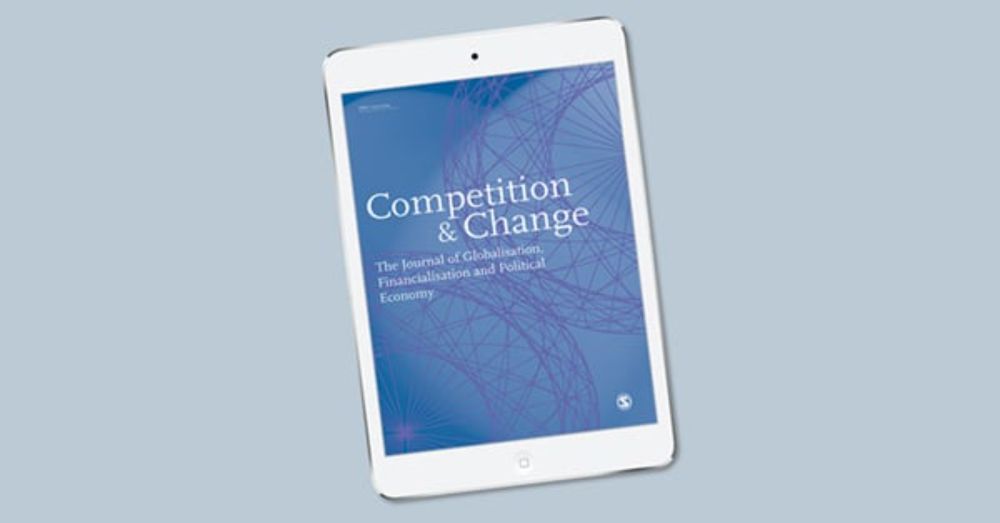
Rolling out the Wall Street Consensus? Multilateral development banks and the trilemma of private capital mobilization - Anissa Bougrea, Mattias Vermeiren, 2025
This article offers the first comprehensive account of the challenges Multilateral Development Banks (MDBs) face in implementing the Wall Street Consensus, a fi...
journals.sagepub.com
Reposted by Lukas Bogner
Reposted by Lukas Bogner
Reposted by Lukas Bogner
Reposted by Lukas Bogner
Reposted by Lukas Bogner
Reposted by Lukas Bogner
Reposted by Lukas Bogner
Rasmus Corlin Christensen
@phdskat.org
· Feb 26
Lukas Bogner
@lbogner.bsky.social
· Feb 26
Reposted by Lukas Bogner
Nick Bernards
@nickbernards.bsky.social
· Feb 13

Transactions of the Institute of British Geographers | RGS Journal | Wiley Online Library
Insufficient pipelines of ‘investment-ready’ projects are widely seen as a key impediment to unlocking private capital for the Sustainable Development Goals (SDGs), prompting various interventions ai...
rgs-ibg.onlinelibrary.wiley.com







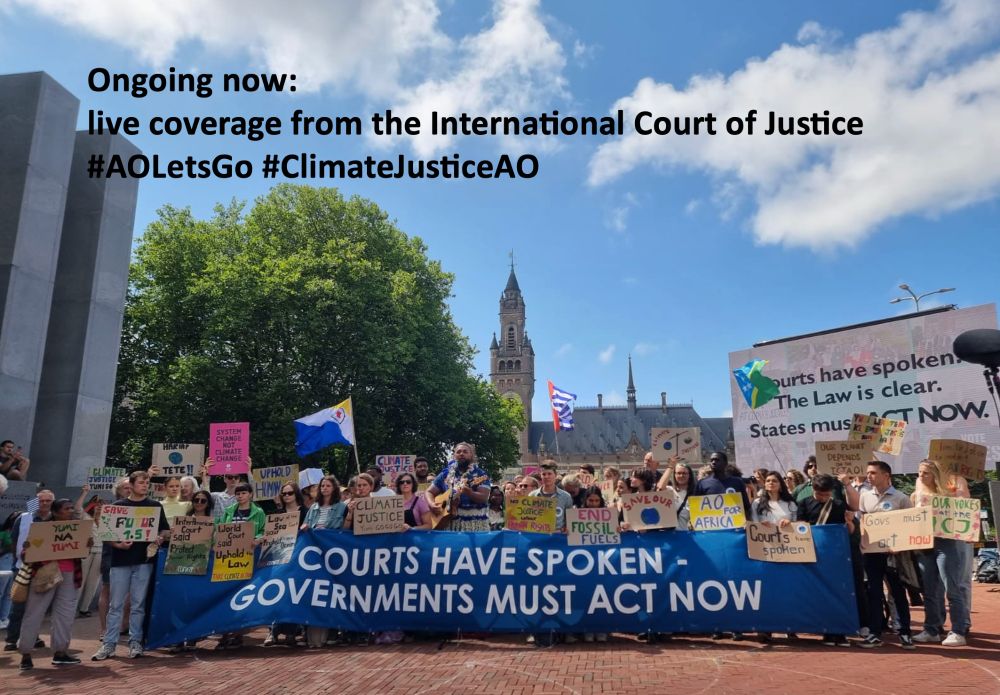
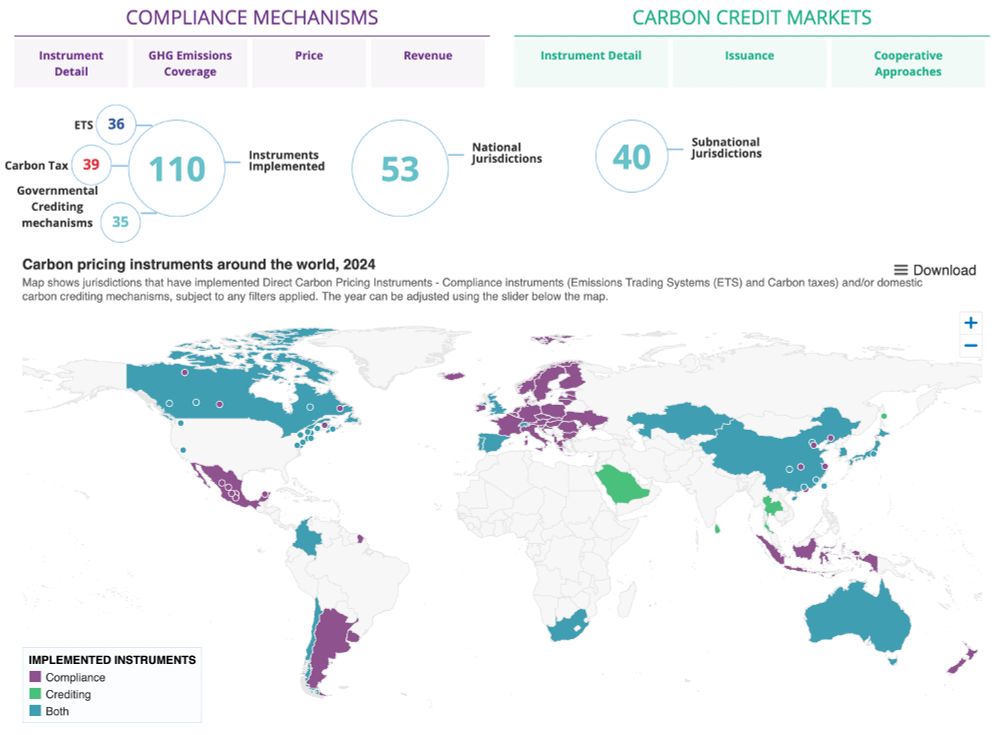
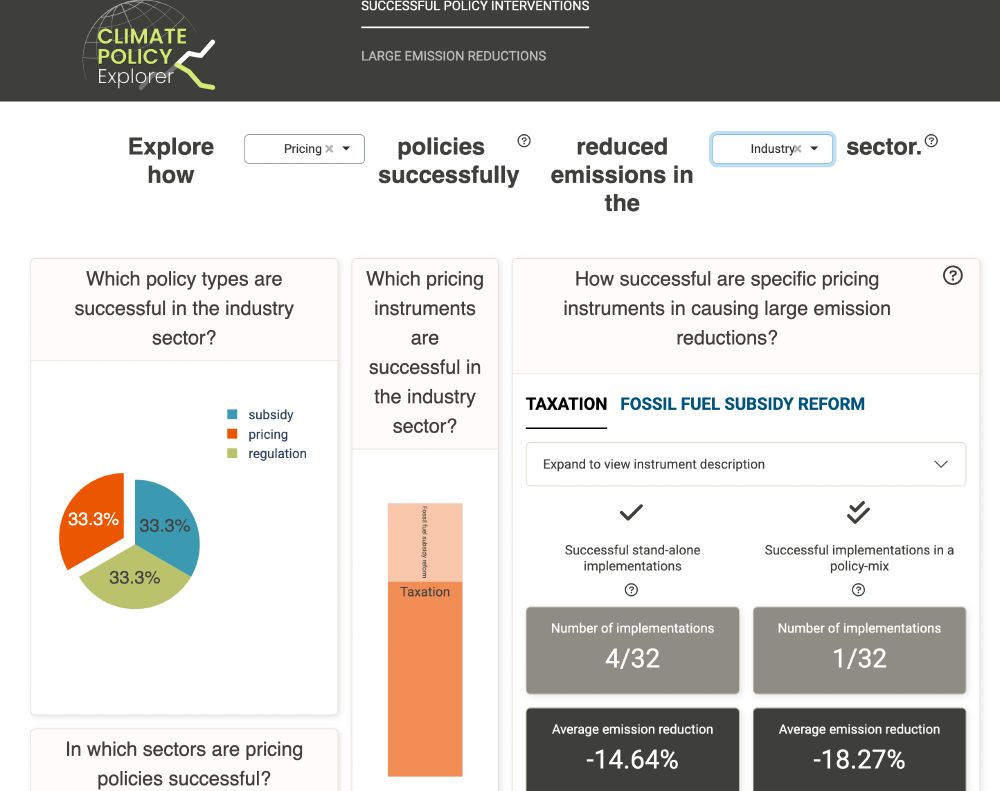
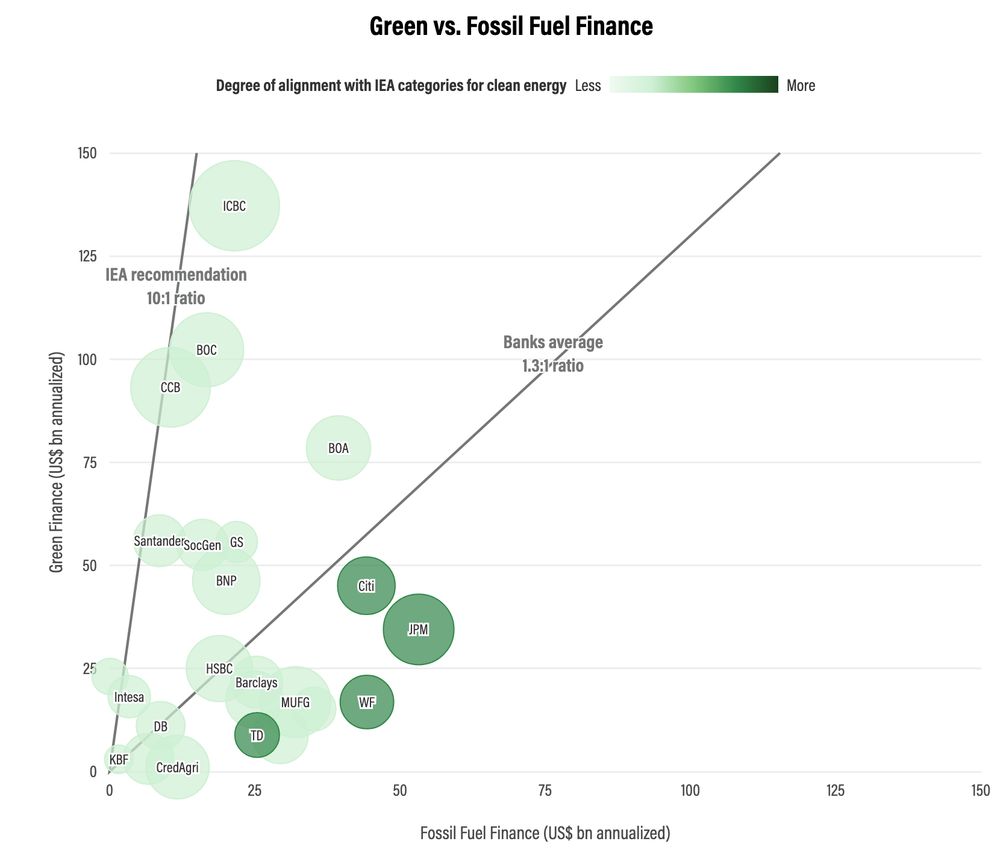
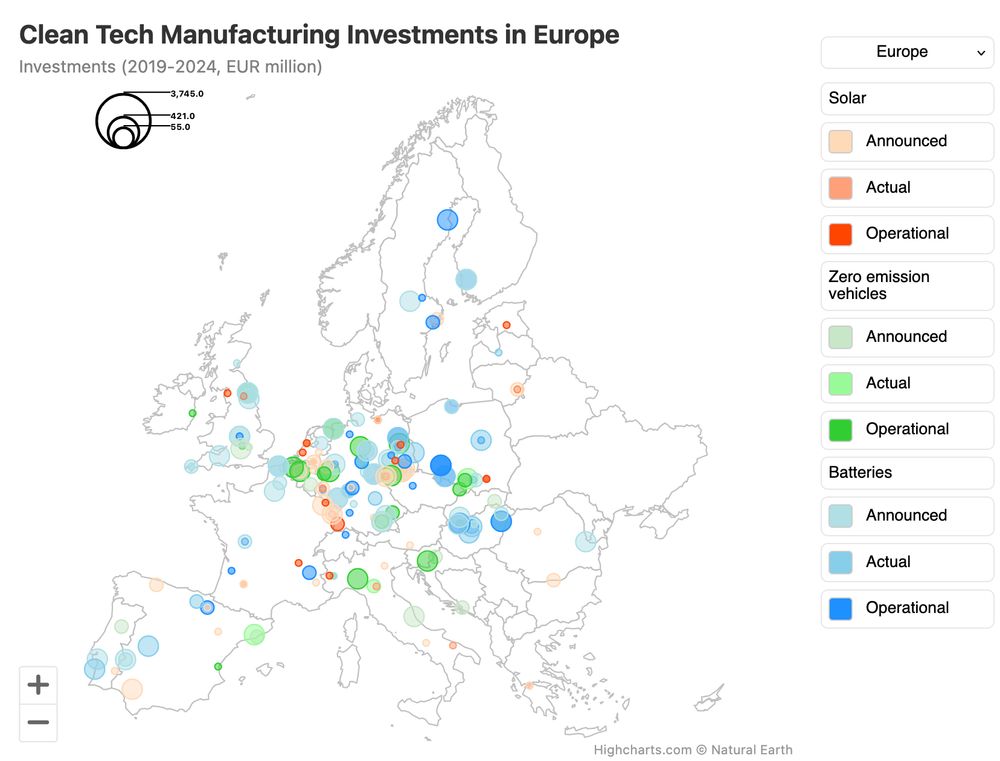



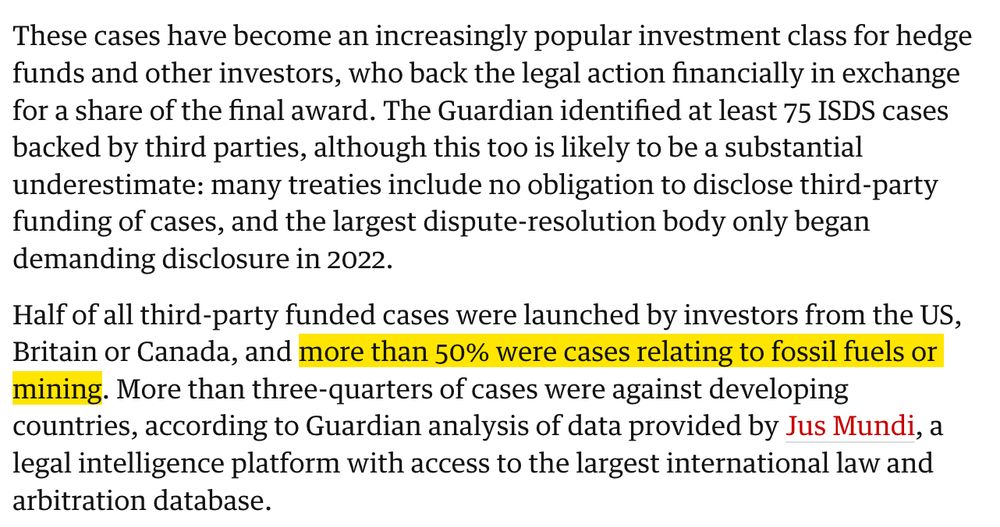

![An offshore finance news outlet describes the ‘tough competition between IFCs [International Financial Centres] globally (big and small) to win the rights to domicile newly established ESG-based funds and similar vehicles’ (IFC Review, 2022). In practice, this competition means that jurisdictions compete on legal affordances that can be drawn on (race to the bottom) rather than on the legal provisions (race to the top) that would regulate green finance flows.
For example, a report published by the Hong Kong Green Finance Association develops a series of recommendations to develop Hong Kong as a ‘leading investment fund hub for green and sustainable infrastructure financing’. The report includes various concrete recommendations as to how Hong Kong can expand its definition of tax-exempt infrastructure and live up to investor expectations towards ‘tax neutrality’ and emphasizes the common law and favourable dispute resolution capacity in the SAR. It summarizes that ‘Hong Kong is already a popular hub for fund managers to manage both onshore and offshore funds. It can also become an important hub for public and private infrastructure funds which can effectively channel local and international investors’ monies to target [green and sustainable infrastructure] assets’ (2022:4). Its recommen- dations on enforcement of green requirements for funds registered in Hong Kong contain mainly voluntary/private-led measures while concrete regulatory suggestions are effectively absent. The report directly compares its location advantages with other intermediary jurisdictions such as the Cayman Islands, Luxembourg and Singapore.
This is followed by another example from India](https://cdn.bsky.app/img/feed_thumbnail/plain/did:plc:khgzvb7e353ieae5bdzh4gpv/bafkreic25oukdnx6wy744eqtc6vfhtcnl5vdqtkti4k4mu2tkbzjbzkk7m@jpeg)



